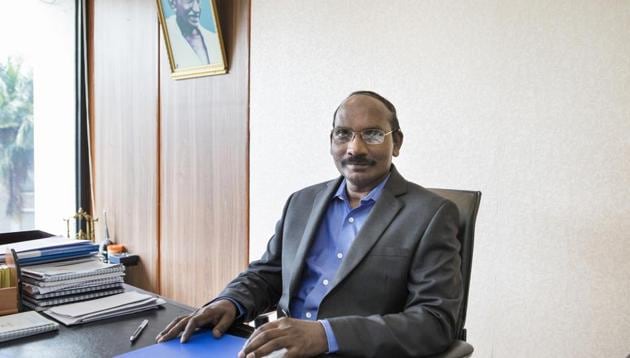Human spaceflight is a worthwhile investment
An investment in human spaceflight is an investment in future; it can inspire an entire generation of students into pursuing science.
Last week, the Union government approved Rs10,000 crore for the proposed human spaceflight mission. Prime Minister Narendra Modi first announced on August 15, 2018 his desire to see an Indian in space by 2022. Now he has decided to back the ambition with the money. A three-member crew will be sent to space for seven days. Indian Space Research Organisation (Isro), the state agency responsible to fulfil the ambition, believes this mission will be a game-changer for India’s space programme. Isro has already shortlisted 10 experiments that its astronauts will be conducting in the low earth orbit. While these experiments range from testing of medical instruments to monitoring of toxic emissions, the agency is also planning to invite other organisations and institutions to submit their proposed experiments.

There have been a few murmurs on why a poor country like India should spend such a hefty sum on human spaceflight. Such scepticism has a long legacy: Steven Weinberg, a Nobel Laureate in physics, has been a longstanding critic of investing in manned spaceflights. It is true that manned spaceflights are expensive and risky. However, investment in science and technology cannot be looked at from a narrow lens of immediate returns. An investment in human spaceflight is an investment in the future. There are tangible rewards, for instance: the invention of the kidney dialysis machine owes to technologies developed for NASA’s space missions. There is insurance : scientists such as the late Stephen Hawking have argued that spreading out in space is in human interest as it will help in the survival of the species. And finally, it can inspire an entire generation of students into pursuing science.
Other sceptics argue that the government should not spend its valuable resources on such ambitious activities, leaving it to private pursuits. This is specious. There is enough historical evidence to support the proposition that the government is best suited to invest in such programmes. Along with a long gestation period, such programmes have uncertain rewards which are spread out along a diverse spectrum of disciplines. These characteristics make the government an ideal investor for the benefit of mankind’s future.






